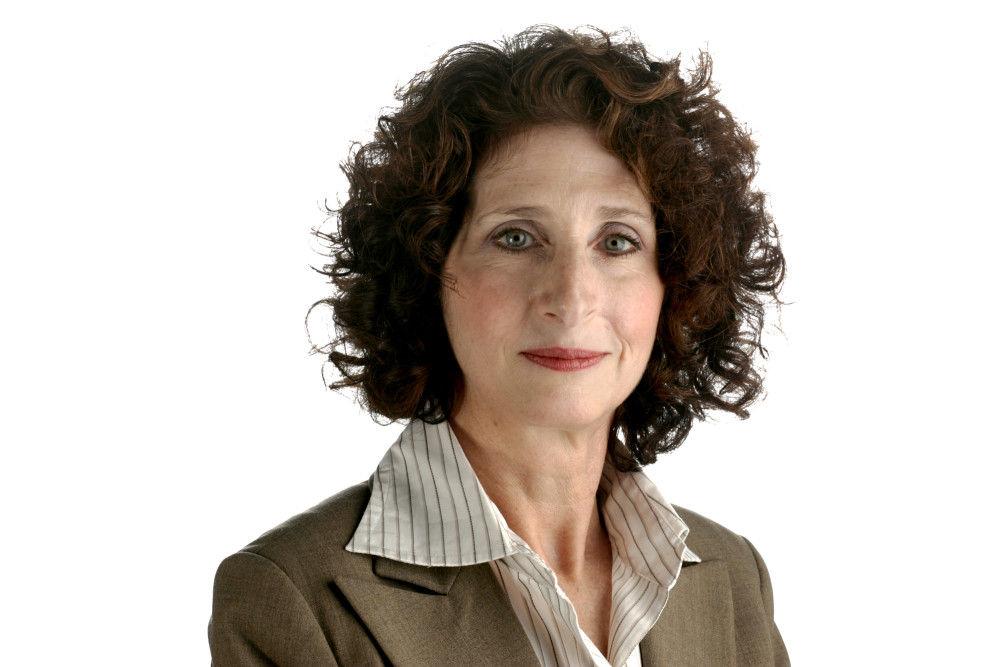By Gail MarksJarvis
Chicago Tribune.
If you have a small business and are still stinging from the income taxes you paid Uncle Sam, you can take a simple step now that will get you through tax time in better shape next year.
And this simple step will take care of one of the big mistakes small business owners tend to make: Failing to save adequately for retirement.
Entrepreneurs are often so busy tending their businesses they ignore retirement. Others simply put every cent they have into the business. That might be good for growing the business but not necessarily good for coming up with spending money in retirement.
It can also mean business owners end up paying more in taxes.
“Entrepreneurs need a balance between investing in the business today and investing in their future financial well-being,” said Lule Demmissie, managing director of retirement at TD Ameritrade.
Yet, 40 percent of self-employed people don’t save regularly for retirement and 28 percent don’t save at all, a TD Ameritrade national survey found.
Like employees, business owners can put money into a retirement savings account at work and take a tax deduction. Some savings plans allow you the flexibility to save a lot at times of plenty and cut back when cash isn’t coming as expected.
Ideally, your budget allows savings to automatically roll into an account each month. If your plan is to save what’s leftover, chances are it won’t be there. That’s true whether your business is making a lot or a little.
buy filitra generic buy filitra online no prescription
Consider the danger in waiting to save.
Imagine a self-employed 25-year-old putting $30 into a retirement account that invests in a total stock market mutual fund such as the Vanguard Total Stock Market Index Fund in a retirement fund that’s not taxed. Throwing $30 a week automatically into that fund will produce about $1 million at age 68 if the fund averages a 10 percent gain a year.
But an entrepreneur who doesn’t save a thing until age 45 and puts $30 a week into that same fund would end up with less than $130,000.
To get the most from your savings, you want a retirement fund protected from taxes so your money grows effectively. For sole proprietors, the best approach would be to open a solo 401(k) or SEP IRA, according to Mike Piper, a Manitou Springs, Colo., certified public accountant, who blogs about these options at ObliviousInvestor.com.
With a solo 401(k), you are allowed to save up to $18,000 a year as an individual, or $24,000 if you are over 50.
Further, as an employer of yourself, you are allowed to add extra savings to the fund, up to $53,000 a year with a solo 401(k) or SEP IRA, Piper said. Besides a tax deduction for the savings, your money would grow year after year without being taxed until removed.
Keep in mind that you can’t save more than you’ve made in the business and you must apply a formula related to the business profit and your self employment tax. This calculator will help: https://personal.vanguard.com/us/SbsCalculatorController.
You have plenty of time to open a solo 401(k) before the end of the year. It’s a simple process with help from mutual fund companies and doesn’t require accountants or lawyers until you have more than $250,000, Piper said.
On the other hand, if you procrastinate through year’s end, you still have until tax time in April to open a SEP IRA.
While opening a 401(k) or SEP IRA is an easy process for a sole proprietor, it’s more complicated if you have employees.
With employees, you are required to offer them the opportunity to save in the same plan as yours. Also, if you provide yourself a large sum from company profits, you must also include your employees, Piper said. In that case, the best approach might be to get the help of a certified public accountant or attorney.
___
ABOUT THE WRITER
Gail MarksJarvis is a personal finance columnist for the Chicago Tribune and author of “Saving for Retirement Without Living Like a Pauper or Winning the Lottery.”














































































































































































































































































































































































